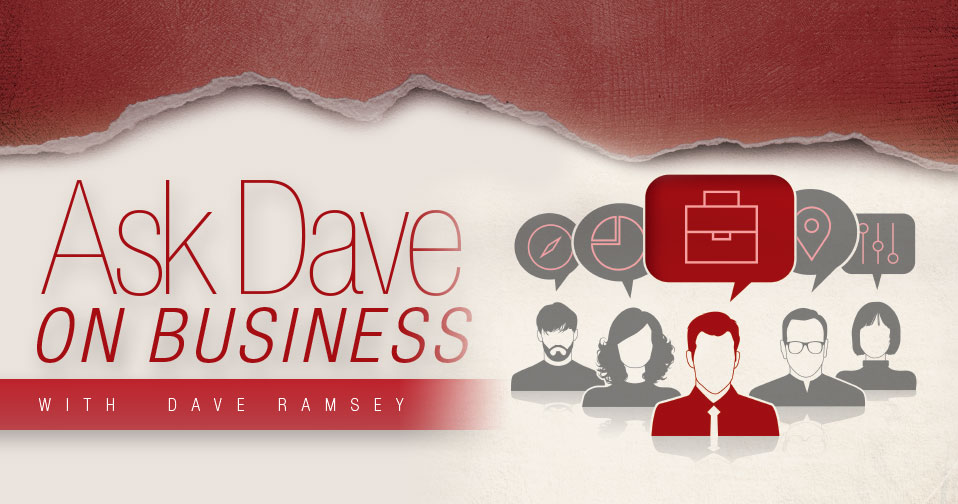How to Deal With Dysfunctional Colleagues

Do you find yourself getting incredibly frustrated with some of your colleagues? Do you sometimes feel like you have to "fix" everything if it is going to get done correctly? Is someone in your workplace creating conflict and chaos and no matter what anyone says or does; their behavior just gets more intense and conflictual?
If you feel "fogged" and begin to question yourself and your perspective on situations, then you may be interacting with individuals who view their lives very differently than you do.
The World of Dysfunction
Welcome to the world of dysfunction – where individuals set up and try to live under a different set of rules than the “normal” world does. In a world ruled by dysfunctional principles, we may begin to wonder if we are the only “sane” person at work, and are amazed that no one else seems to see the problems we do.
I’m not trying to be condescending, judgmental or “diagnose” others who view life differently. I’m being descriptive. Dysfunctional literally means “problems with functioning,” and dysfunctional individuals have significant problems functioning well in the real world.
Being “dysfunctional” can include:
- Not being able to hold a job for long
- Difficulties in maintaining
- long-term relationships
- Having serious (chronic) financial problems
- Other addictions (gambling, videogames)
- Problems managing frustration & anger
When we work with dysfunctional colleagues, over time, we begin to observe common behavior patterns for these dysfunctional individuals, that seem to become “normal” for them. It can be helpful to comprehend how they think and the rules of life by which they live, so we can better understand why we become so frustrated by them.
Understanding Dysfunctional Colleagues
Dysfunctional colleagues have difficulty living within the rules of reality—most notably, with the relationship between choice, responsibility, and consequences. They tend to deny they’ve made a poor choice, preferring to make excuses or blame others. A favorite phrase is, “It’s not my fault.”
Often, even when they are caught in the act of having made a poor choice, they deflect responsibility for the action. “Well, you should have…” “It’s not that big a deal, everyone does it…” “They’ll never know…” or “They’ll take care of it.”
Finally, toxic colleagues disconnect their actions from the results that flow from their choices. Sometimes they seem to have a glitch in their brain preventing them from making a connection between what they did and the result.
Like most personality types, toxic individuals can be found in virtually every level of an organization. However, the more dysfunctional a person is, usually the harder it is for them to advance, especially in healthy organizations where employees and leaders are held accountable. If you work with people, you will interact with toxic individuals—either as customers, vendors, direct reports, colleagues or supervisors.
Differences Between Healthy & Dysfunctional Colleagues
Healthy
- Is honest, has integrity
- Uses direct communication
- Focuses on responsibility
- Communicates gratitude
- Accepts responsibility for choices & results
- Has ability to delay gratification
- Lives in reality on day-to-day basis
- Saves money, goes without
- Learns from mistakes
- Forgives and lets go of past hurts
- Keeps commitments
- Says what they mean
- Focuses on authenticity
- Disagrees without getting personal
- Maintains appropriate personal boundaries
Dysfunctional
- Is dishonest, lacks integrity
- Uses indirect communication (talks "through" others)
- Focuses on privileges
- Has a sense of entitlement
- Blames others, makes excuses
- Has to meet desires now
- Must escape from reality (TV, videogames, drugs, alcohol, sleep)
- Spends excessively, goes into debt frequently
- Expects to be rescued from consequences of mistakes
- Holds on to grudges, seeks revenge
- Makes commitments without follow-through
- Speaks with hidden agendas
- Focuses on image and appearance
- Disagreement leads to anger and bitterness
- Smothers others; uses guilt to manipulate a person or situation
Six Ways to Stay Sane
Let’s say you are a supervisor, and you recognize the unhealthy behaviors described as being similar to that of a colleague. How do you handle the unpredictable and inappropriate actions of coworkers? It would take volumes to adequately address all possibilities, but here are six condensed bits of counsel:
DON’T EXPECT THEM TO RESPOND “NORMALLY.”
No matter what you do, you may find yourself blamed, or second-guessed, or told you did the worst possible thing when you actually did something good. They may get angry if you talk to them and offended if you don’t. To survive such attitudes or the wide variety of other dysfunctions, the sane approach is to give up expectations of getting healthy responses.
ACCEPT THE FACT YOU CAN’T CHANGE THEM.
You’re trying to get through to someone, and you think, “It makes so much sense! Why don’t you get it?” Working with a toxic colleague can make you feel like screaming at their stubbornness or what appears to be downright stupidity. Yet the truth is, no matter what you say or do, it’s unlikely the person will listen or change.
Does all this sound hopeless? Can’t people change? Yes, they can. But they have to decide they want to change. And often, individuals with severely unhealthy patterns have to hit the wall of reality—their beliefs about life and their way of living don’t work, because they don’t match reality. In addition, some struggle with mental health issues that distort their perception of reality and block efforts to bring about change.
SET CLEAR BOUNDARIES.
Be definite about what you will and will not do. You may hear, “You need to fix this, because you helped cause it,” or that if you were a good person “you would help me out just this once,” even though you see a pattern of bad choices. Most of us try to change the other person, or give in to their demands, yet giving in reinforces their dysfunctional patterns. Carefully think through your boundaries and then clearly communicate them.
DON’T ACCEPT FALSE GUILT.
You may be blamed for someone else’s problems or made to feel blame for not doing enough—even though all you could do was damage control. Many a dysfunctional person is good at loading guilt on others; ease it off your shoulders.
DON’T TAKE IT PERSONALLY.
In toxic situations, gaining emotional distance isn’t always easy. Yet just as a soldier isn’t surprised when someone shoots at him, a manager shouldn’t be surprised when upsetting things happen. Personal attacks and noxious behavior can jar your equilibrium, but try to gain perspective by considering the source.
GET AFFIRMATION FROM FUNCTIONAL PEERS.
While dealing with a dysfunctional colleague, you may feel “fogged” and wonder how well you’re handling the situation. Perhaps you thought you had things figured out, but now you’re not so sure. Are you thinking clearly and responding appropriately? Check in with thoughtful colleagues who can help you think things through.
Employees who have unhealthy (and non-reality based) patterns of thinking tend to bring their distortions to the workplace, and eventually, create challenges and conflict with others. Learn to see the patterns of thinking and behavior (described in the table above) early, and understand what is going on. Then do your best to address the problems in a direct, kind, but firm manner. Tailoring your communication skills to each employee goes a long way for workplace harmony.
Being careful about judging others
We are warned repeatedly in the New Testament to be careful about judging others. (Matthew 7:1, “Do not judge, or you too will be judged.”)
Of course when people talk about “dysfunctional” individuals, they are almost always talking about others (and not including themselves in the category!).
All of us are “dysfunctional” to some degree. We all fall short of how God designed us to live (Romans 3:23) and how we are to relate to one another, probably daily. So it is wise to be cautious and prudent to examine ourselves first—to see which unhealthy patterns we display—rather than focusing solely on others and the shortcomings we see in them.
On the other hand, we are called to walk with wise colleagues (Proverbs 13:20), and to avoid those who display behaviors that will pull us down. (2 Peter 3:17; Proverbs 22:24-25)

By: Dr. Paul White
Dr. Paul White is a psychologist, speaker, and consultant who makes work relationships work. Co-author of the 5 Languages of Appreciation in the Workplace (with Dr. Gary Chapman), Dr. White provides practical advice in improving workplace relationships and successfully transferring family businesses across generations.
Read More Articles by Dr. Paul White





